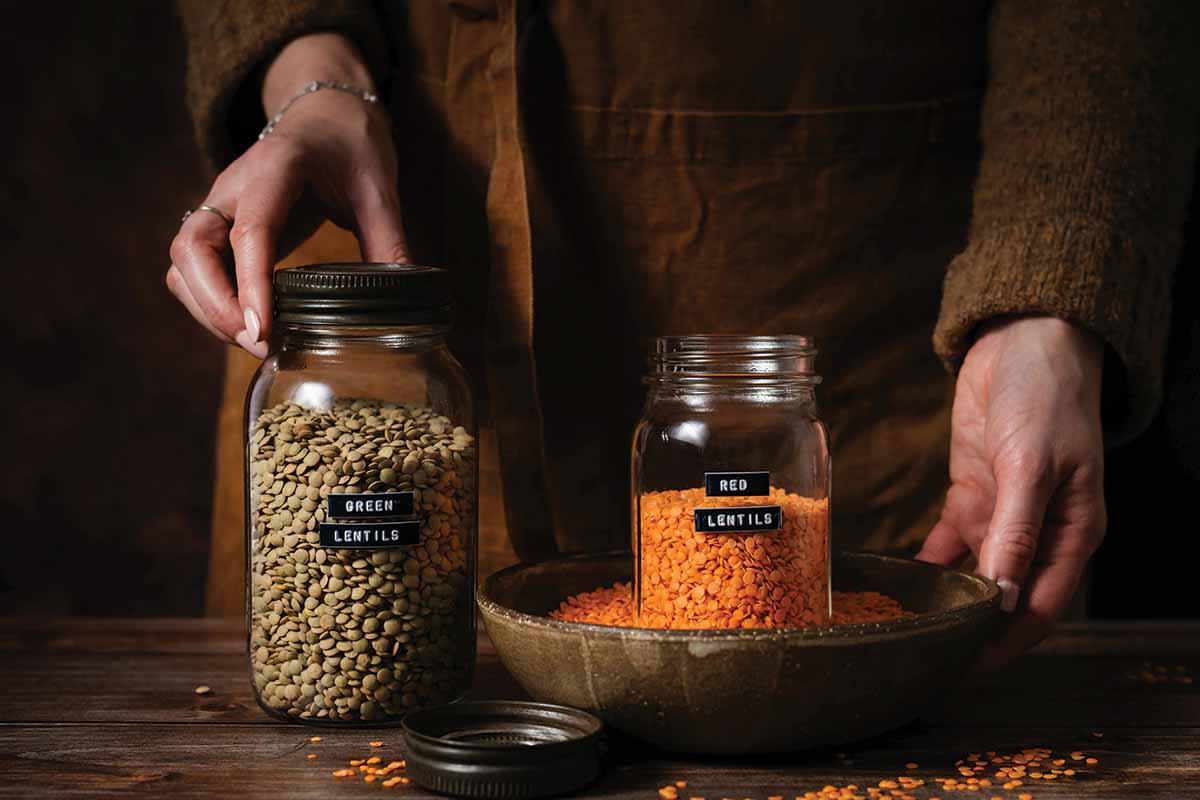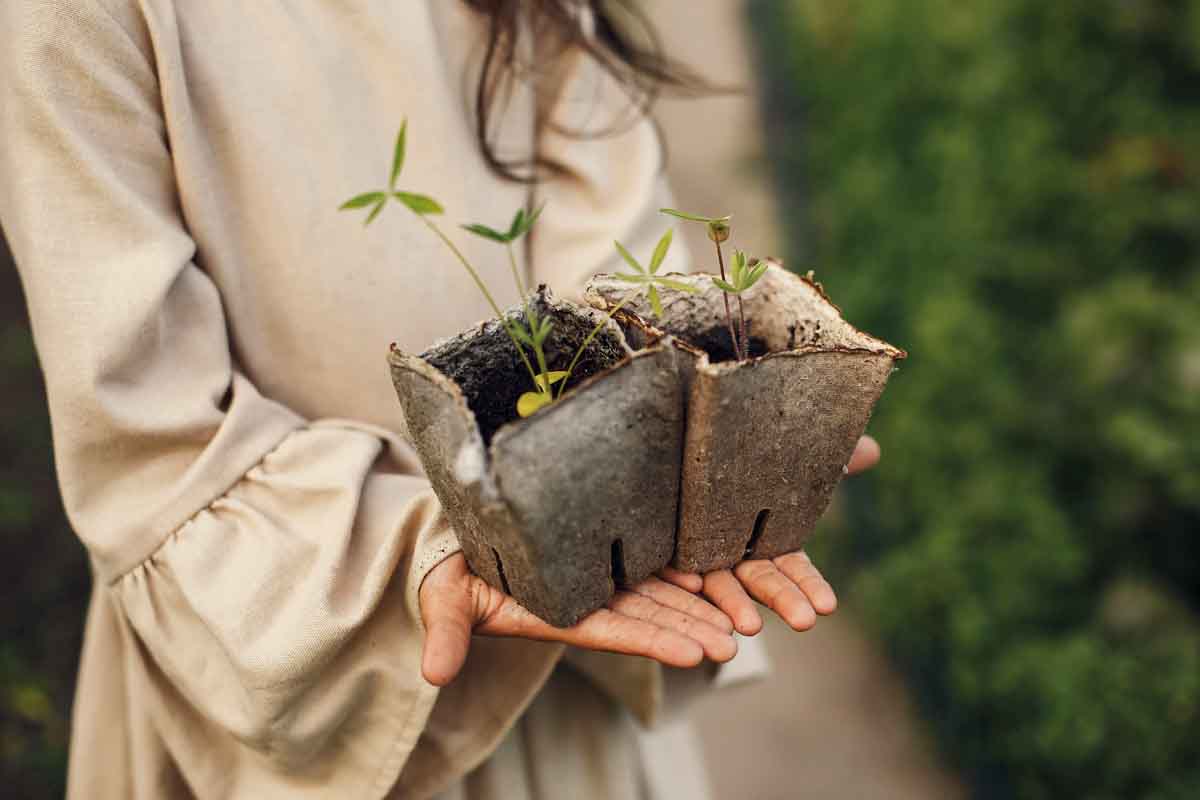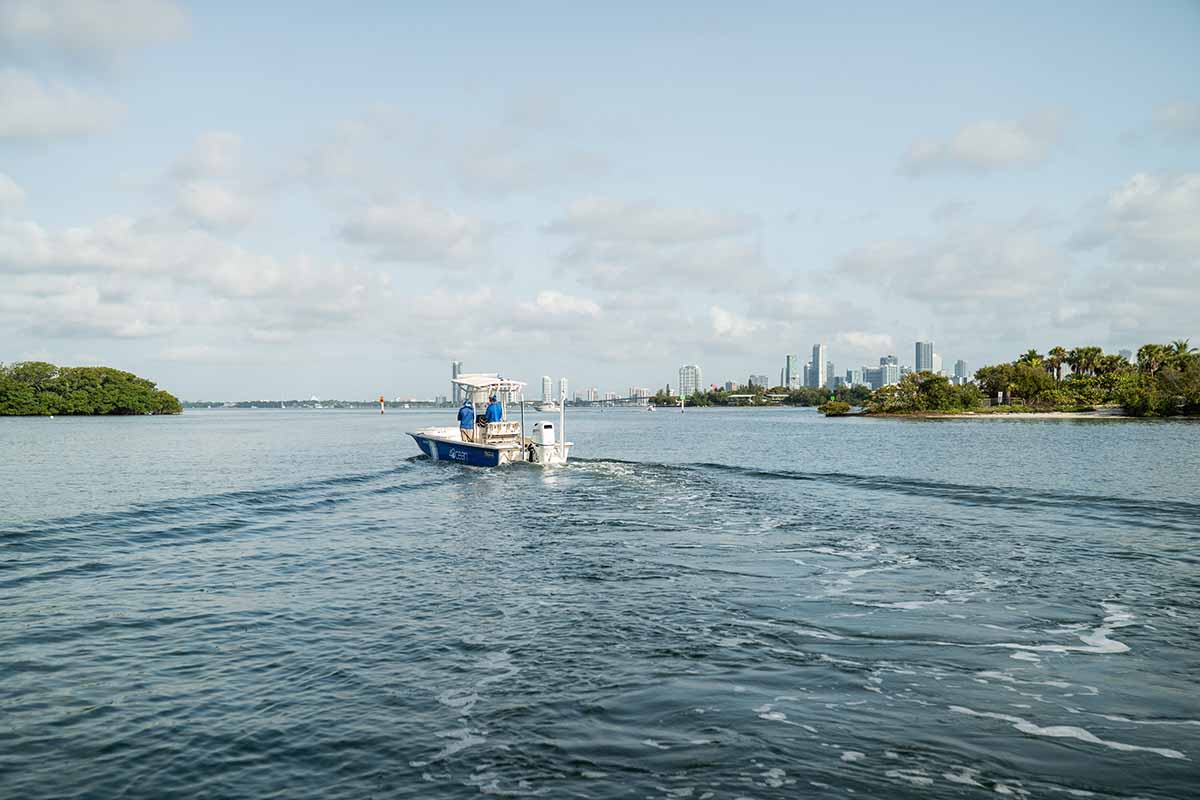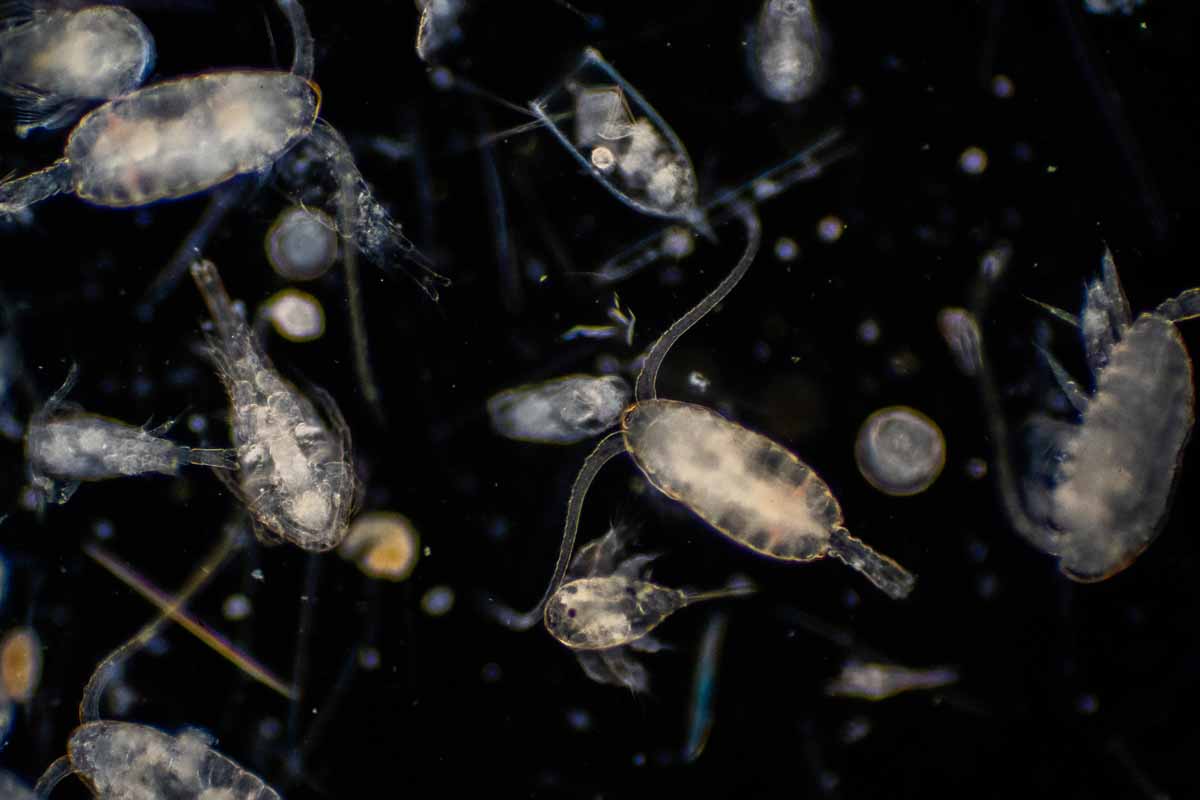Advertisement
The Upside of Food Upcycling
Saving food waste while saving the planet and boosting your health
Fact-Checked
This article has been written and fact-checked by experts in the field.
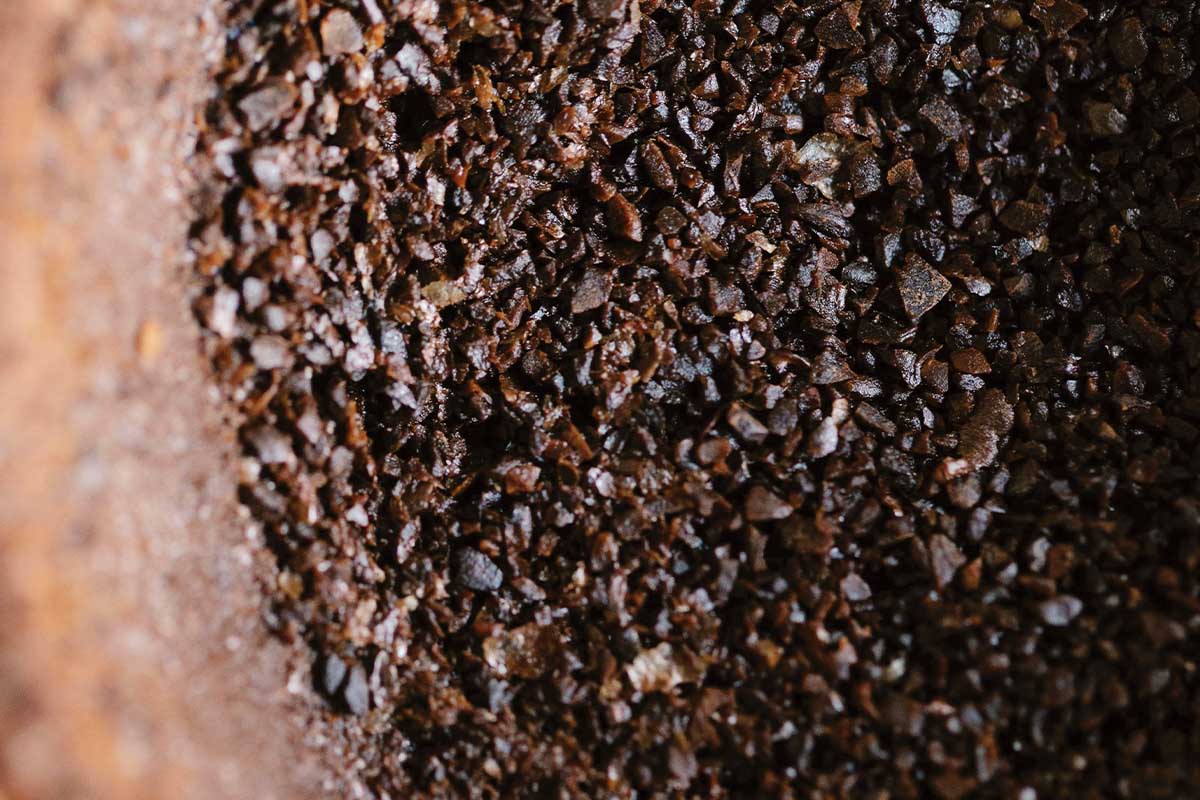
A whopping 58 percent of all food produced in Canada is lost or wasted every year. A third of those 35.5 million metric tonnes of wasted food could be rescued. Innovative Canadians are making a difference, working to eliminate food waste, protect the environment, and feed our communities—all through the power of upcycling.
Advertisement
What’s up with upcycling?
Unnecessary food wastage happens every step of the way between the farm and your fridge.
At the farm, surplus fruits and vegetables, as well as those that may be misshapen or “ugly,” are discarded or left to rot. During manufacturing and processing, 20 percent of food is lost or wasted, much of it due to discarded byproducts or parts of raw ingredients that aren’t needed in the final product.
Upcycling aims to change that, transforming unwanted food or food manufacturing byproducts into something useful.
“The concept of upcycling is really about extracting every last bit of value that you can from a natural resource,” explains Shelley King, CEO of Natural Products Canada, an organization that invests in innovative solutions in the natural products industry.
“When we upcycle any material, we’re reducing the number of resources needed to create a new item,” King adds. “In the case of upcycling food, we’re addressing the huge challenge of feeding the world without putting more strain on the planet.
Various reports indicate that we need to create as much food in the next 50 years as we have in the last 1,000 years. But since we aren’t creating more land to grow that food, we absolutely have to make the most of what we’re already producing. One way to do that is through circular solutions like upcycling.
“And it’s not just about food waste, though that is a compelling part of it,” King adds. “Whether it’s collagen health supplements from fish processing, an apple-leather purse, or plastics made from food waste, it’s exciting to see the increasing consumer focus on eco-friendly sustainable products and zero-waste solutions.”
Beyond the dinner plate: upcycling helps the environment
If we were to recover or upcycle all of the food wasted in Canada, we’d save 56.5 million tonnes of CO2, according to a 2019 analysis. That’s the equivalent of taking 13,447,103 cars off Canadian highways for an entire year.
Advertisement
How upcycling works
From coast to coast, Canadian farmers and food manufacturers are finding creative ways to transform previously unwanted food ingredients into nourishing, high-quality foods and supplements.
It’s all about looking at where food wastage is happening and applying out-of-the-box creativity.
Take potatoes, for instance. Spuds are the most widely grown vegetable crop in Canada, making up nearly a third of all farm sales last year.
“When you’re processing potatoes to make french fries or other potato products, you use water, and the water becomes super concentrated in starch,” says Cara Kennedy at Solnul, a supplement company based out of Carberry, Manitoba. If you’ve ever cut a potato and noticed the white powder left after the water evaporates, that’s the starch she’s referring to.
Solnul’s shareholders were originally potato farmers who now own Canada’s largest starch plant. “They had the foresight to do microbiome research on the starch,” says Kennedy, and multiple clinical studies showed how this potato starch was an effective prebiotic (helping to feed the healthy bacteria in your gut).
They’ve now turned that starch—which would otherwise have been discarded—into a research-backed prebiotic ingredient now found in protein powders, protein bars, and other health foods. This upcycling process also eliminates wastewater from food manufacturing that would otherwise affect the environment (Solnul purifies the water, and potato manufacturers can then reuse it).
Mindful FÜD in BC takes a different approach, working to eliminate food waste right at the farm.
“Our journey into upcycling started with a simple observation: the abundance of fallen apples in local orchards,” explains CEO and cofounder Venessa Stonehouse. “Seeing these perfectly good fruits go to waste sparked a desire to do something about it.
“We believed that every apple deserved a chance, no matter its imperfections. So, we set out to rescue these overlooked apples and turn them into something extraordinary—a vegan honey alternative that would minimize waste and offer a delicious and sustainable option to consumers.”
“These apples, deemed unsuitable for traditional markets due to minor blemishes or imperfections, are perfect for our purposes,” says Stonehouse. “I don’t think consumers realize that every apple that is not perfect in shape and weight won’t make it to the grocery store shelf.”
Local apple farmers have been flocking to Mindful FÜD, seeing it as a unique opportunity to minimize waste and maximize value. “Farmers appreciate knowing that their surplus produce is being put to good use, and they take pride in contributing to a more sustainable food system,” says Stonehouse.
Investing in innovation
“We’ve committed roughly one-fourth of our investments into upcycling,” says King. “We just invested in RFINE Biomass Solutions. They’re taking used coffee grounds—about 100 kg (220 lbs) from coffee shops daily—and processing them into a sustainable substitute for cocoa.”
Other examples include:
- Skaldyr, which turns byproducts from fish, crab, and lobster processing into health supplements like peptides, collagen, and calcium
- Susgrainable, which converts spent grains from the brewing industry into baking mixes
- Tait Labs, which uses the molecules in orange peels to create a natural gut health product
Advertisement
Join the upcycling revolution
Just because something comes from “food waste” or previously unwanted ingredients doesn’t mean you’re sacrificing quality. “We believe that sustainability should never come at the expense of taste or nutrition,” says Stonehouse.
“Our rigorous quality control processes ensure that only the best ingredients make it into our bottles. So, when customers choose an upcycled product like Mindful FÜD, they’re not just choosing a delicious treat, they’re choosing to support a more sustainable and compassionate way of eating.”
“Canada is the bread basket of the world, and there are many opportunities for upcycled ingredients,” adds Kennedy, who is quick to point out that we shouldn’t worry about upcycled foods being somehow inferior. “It’s all about how to use every part of an ingredient to its highest and best value.”
How to reduce your food waste footprint
Our grocery bills keep rising, yet the average Canadian household throws out $1,766 of food a year. Slash your grocery budget, reduce your food wastage, and make a difference.
Choose upcycled products
Prioritize products made from upcycled ingredients, such as foods made from rescued fruits or veggies. More companies are applying to have their products bear the Upcycled Certified label by the Upcycled Food Association (the first third-party certification of its kind).
Buy only what you need
Household food waste often happens because we buy more than we can use before it goes bad. Consider tracking your family’s consumption (and what you toss) to guide your next grocery trip.
Store food properly
Once home from the grocery store, store food properly. Refrigerate promptly, and freeze what you can’t get to before it spoils to reduce waste.
This article was originally published in the September 2024 issue of alive magazine.


